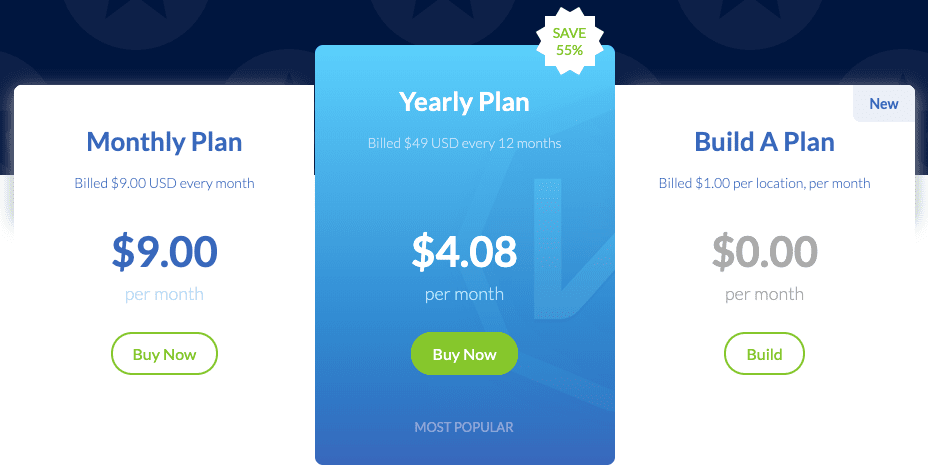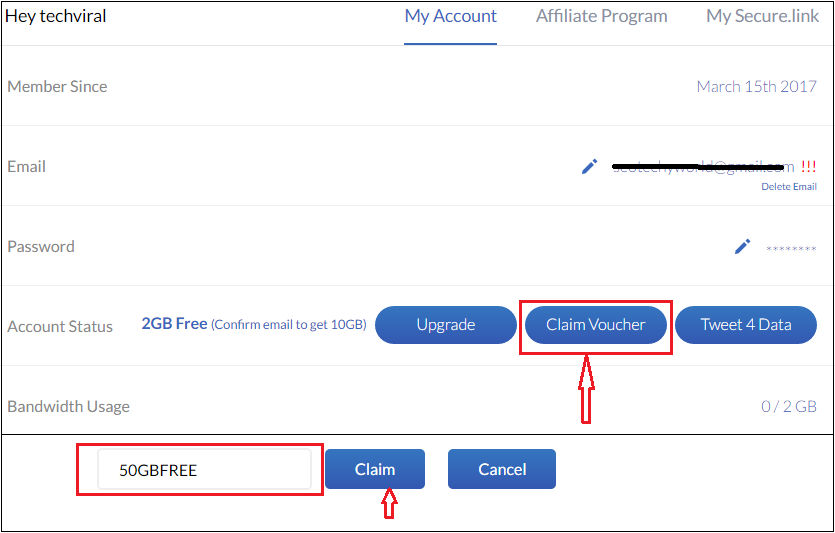


Shockingly for something so heavily promoted, it’s actually very good at what it does.Īpps are available for Windows, Linux, macOS, Android and iOS. NordVPN has a reputation for speed, as well as being the service you’re most likely to see in product placements by random YouTubers and podcasters.

Pros: Extremely fast | RAMdisk servers | Inexpensive.Price: £8.79 per month, £43.08 for the first year (renews at £73.08 per year), £59.76 for two years (subsequent renewals at an annual rate).Nonetheless, even self-proclaimed no-logging services have and can be compelled to keep logs by the authorities under certain circumstances.įor more fashion, grooming and technology releases delivered straight to your inbox, sign up for our GQ Recommends newsletter. When choosing VPN services to recommend, we favour those that have their service audited or otherwise have a proven track record, such as warrants or even raids on their hardware that have shown they have nothing to give away. That means that they claim to record no personally identifying information about your activities while connected. Our favourites below are also “no logging” VPNs. This is often disabled by default, but you should enable it if you’re connected to a network you feel to be high-risk. This is a security setting that stops all internet traffic if the connection to the VPN server is lost. You might not trust your ISP, but you should also think about how much trust you should place in your VPN provider, which is in effect acting as an alternative ISP while you’re connected to it.Īll of the VPNs we recommend have a kill switch built into their apps. You’ll have to change your behaviour accordingly.įor example, it’s important to stay logged out of any services that you normally use, such as Facebook and Google, as these will cheerfully track your online activities based on your connected profile, regardless of what IP address you appear to be accessing that profile from. Using them is certainly useful for masking your searches, but if you want to be really anonymous online, just using a VPN won’t cut it. Are VPNs safe?įundamentally, a VPN can improve your privacy online but doesn’t guarantee anonymity. VPNs are obviously popular with journalists, human rights activists and bootleggers, but online privacy is a fundamental right that we should all take an interest in. Needless to say, we don’t recommend doing this, but there's not much stopping you from practising the dark arts of globe-trotting online. Many VPN providers also advertise their ability to circumvent region locks on content from streaming video services such as Netflix and the BBC, but it’s important to remember that doing this breaches your contact with almost all streaming services.

It's ideal for those keen on privacy and securing their data from malicious eyes and corporate data hoarders, as well as giving you that extra layer of protection from malware. It does this by tricking the system into thinking your computer is somewhere else in the world. Without getting into the technical nitty-gritty, VPNs connect you to an encrypted, remote server which can't be viewed by your local network or internet service provider so you can browse the internet without your data being tracked. A top choice for beginners to the world of VPNs. What is the best VPN?įor just under a fiver a month you can get lightning-quick protection online, endpoints to 36 countries should you need it and the ability to log in with up to five devices, with no hidden additional fees or cancellations with Mullvard. But we've got you covered, as we've laid out our five favourite VPN services you need to know about. Online privacy and security is a hot-button topic right now, but there are dozens of different VPNs available and they are all quite tech-heavy, making it a bit of a chore to figure out which one is worth your time, especially for the uninitiated. They are incredibly easy to use, encrypting your searches with just a few clicks, and are usually pretty affordable to sign up to, with the ability to cut about online in safety and anonymity across multiple devices, even if you're using the more rogue public Wi-Fi servers. So what's the appeal? They'll mask your activity online, make it harder for websites to track your movements across the internet and even unlock the opportunity to log into websites like Netflix in foreign territories so you can explore what people watch on the other side of the world. You've almost certainly heard adverts on your favourite podcasts about the benefits of Virtual Private Networks (VPNs), but there's a lot of misinformation about what they are and how they work.


 0 kommentar(er)
0 kommentar(er)
